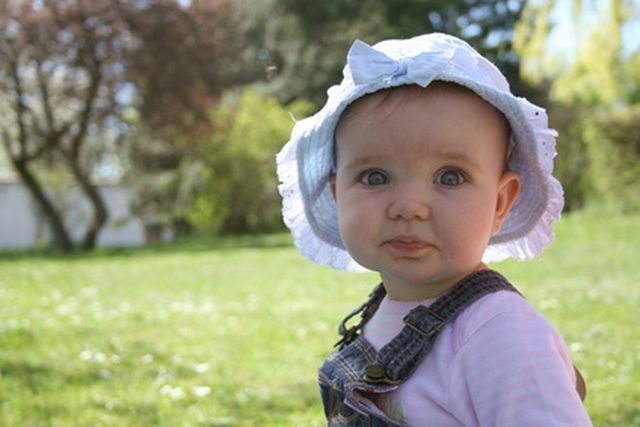Bulbs
Flower Basics
Flower Beds & Specialty Gardens
Flower Garden
Garden Furniture
Garden Gnomes
Garden Seeds
Garden Sheds
Garden Statues
Garden Tools & Supplies
Gardening Basics
Green & Organic
Groundcovers & Vines
Growing Annuals
Growing Basil
Growing Beans
Growing Berries
Growing Blueberries
Growing Cactus
Growing Corn
Growing Cotton
Growing Edibles
Growing Flowers
Growing Garlic
Growing Grapes
Growing Grass
Growing Herbs
Growing Jasmine
Growing Mint
Growing Mushrooms
Orchids
Growing Peanuts
Growing Perennials
Growing Plants
Growing Rosemary
Growing Roses
Growing Strawberries
Growing Sunflowers
Growing Thyme
Growing Tomatoes
Growing Tulips
Growing Vegetables
Herb Basics
Herb Garden
Indoor Growing
Landscaping Basics
Landscaping Patios
Landscaping Plants
Landscaping Shrubs
Landscaping Trees
Landscaping Walks & Pathways
Lawn Basics
Lawn Maintenance
Lawn Mowers
Lawn Ornaments
Lawn Planting
Lawn Tools
Outdoor Growing
Overall Landscape Planning
Pests, Weeds & Problems
Plant Basics
Rock Garden
Rose Garden
Shrubs
Soil
Specialty Gardens
Trees
Vegetable Garden
Yard Maintenance
Lawn Fertilizer and Children
Lawn Fertilizer and Children. It is a suburban fantasy: Your children frolicking about on your lush, green, weed-free lawn. But might the fertilizers you use to make that lawn so inviting actually harm your children? Many claim fertilizers can cause everything from learning disabilities to cancer, but the fertilizer industry insists its products...

It is a suburban fantasy: Your children frolicking about on your lush, green, weed-free lawn. But might the fertilizers you use to make that lawn so inviting actually harm your children? Many claim fertilizers can cause everything from learning disabilities to cancer, but the fertilizer industry insists its products are safe if used properly.
Toxins in Fertilizer
Most manufacturers of chemical fertilizer agree children should not handle fertilizer, it is harmful if ingested and children and pets should stay off lawns for a period of time after fertilizer is spread. Fertilizer packaging is only required to note the amount of the phosphorous, nitrogen and potassium the product contains, but the inert ingredients and filler often include recycled industrial waste containing known poisons such as arsenic, lead, mercury, cadmium and chromium, according to a study by the Public Interest Research Groups. Some of these chemicals can persist in soil and even be absorbed into plants. Children may be more susceptible to these toxins because they spend more time on the lawn, may roll in the grass and may even ingest fertilized soil or plants.
Industry Response
The Fertilizer Institute acknowledges such chemicals exist in fertilizer products but suggests the levels are far below those determined by the government to be safe and the heavy metals and dioxins are simply naturally occurring. Fertilizers, if used as intended, are safe, the industry says.
Alternatives
Chemical fertilizers are formulated to provide specific amounts of nitrogen, phosphate and potassium to a garden or lawn. They might also contain micronutrients such as iron and zinc. Organic fertilizers also provide these substances to the soil but are composed of organic products such as manure, blood or bone meal, leaf mold or compost, which release nitrogen, phosphate and potassium into the soil through organic processes such as decomposition. Organic fertilizers are generally considered safer than the chemical variety, according to an article at the EDU UDYM website.
Best Practices
If you do use chemical fertilizers on your lawn, carefully follow the package instructions. Never overapply chemical fertilizer. Water your lawn after applying fertilizer and keep children and pets off the lawn for at least 24 hours. Wash the hands of children who have been playing on a lawn that has been recently fertilized.
Pesticides in Fertilizer
Some lawn treatments contain fertilizers as well as pesticides and herbicides. According to the Environmental Protection Agency, children are especially sensitive to pesticides because their excretory systems are not fully developed and may not remove enough of the toxins contained in pesticides. Pesticides have been linked to cancer and other diseases and even to attention deficit disorder. As with fertilizers, safer organic alternatives to chemical pesticides are available.